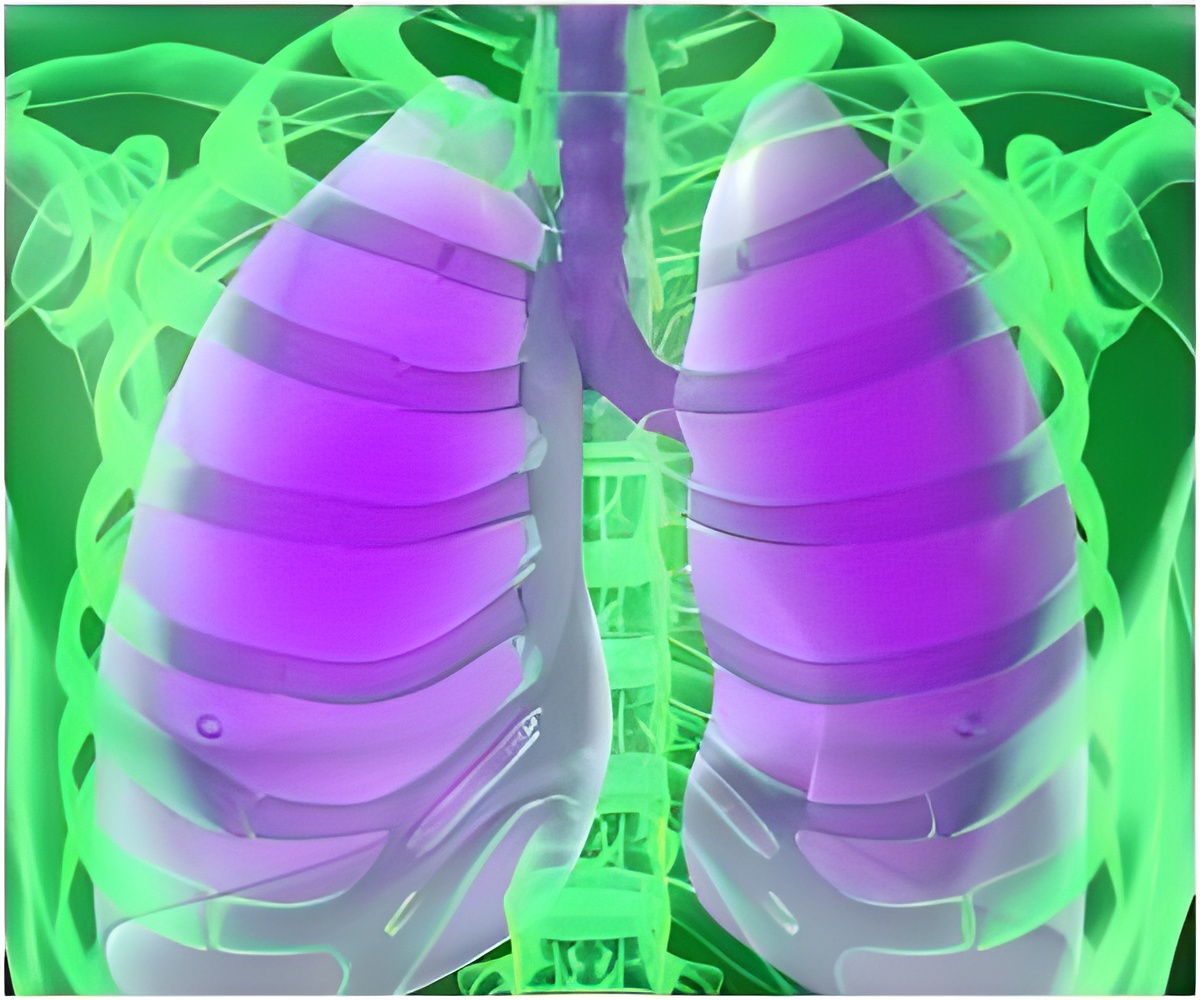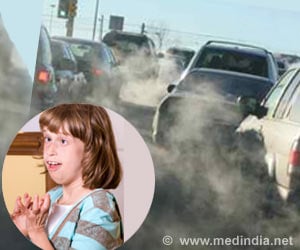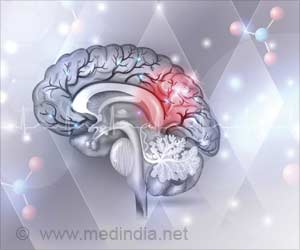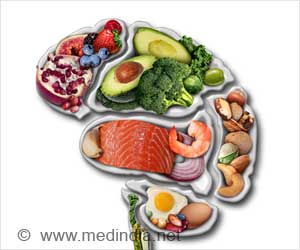
AK Puri, Rajasthan pollution control board’s chief environment engineer and officer in-charge (planning) said that the main reasons of pollution in Jaipur was emission from vehicles, burning of solid waste in open, climatic conditions (dust in air), use of unclean domestic fuel and lack of adequate green spaces.
Rajasthan has seen a significant rise in respiratory illnesses mostly among children, as the group is most susceptible to pollution-related problems. The number of kids suffering from acute respiratory infection (ARI) has more than doubled in the three-year period between 2010-11 and 2012-13.
The Annual Health Survey (AHS), estimates show that 15.9% children suffered from ARI in 2012-13. The urban population has 18.7% children affected with ARI while it was 15.1% in the rural areas.
“The cause of increase in cases of children suffering from ARI is pollution. It weakens the respiratory system, which increases the cases of ARI”, said Dr Ajit Singh Shaktawat, Respiratory disease expert.
Puri suggested that pollution could be controlled if the Jaipur Municipal Corporation collects and disposes solid waste as per the norms of Government of India and the traffic department make roads uni-directional.
Advertisement











